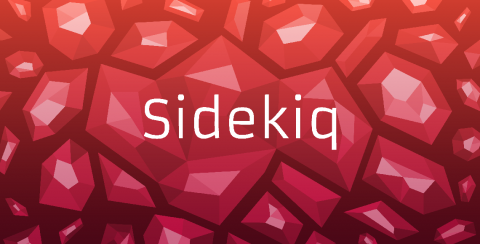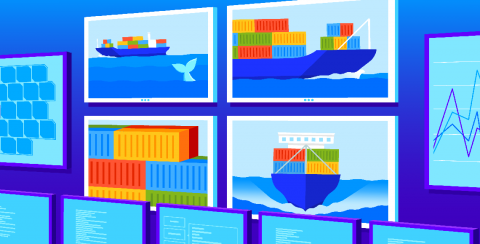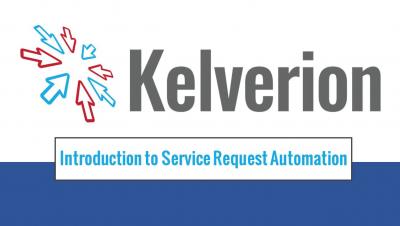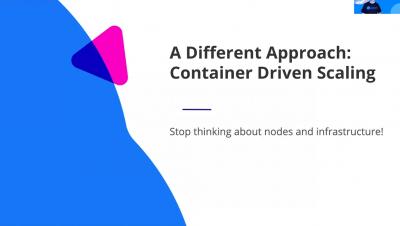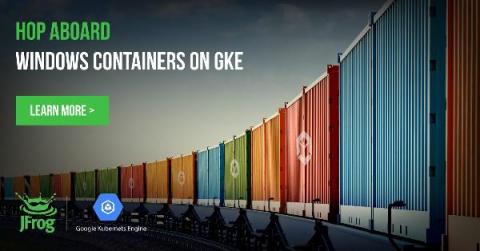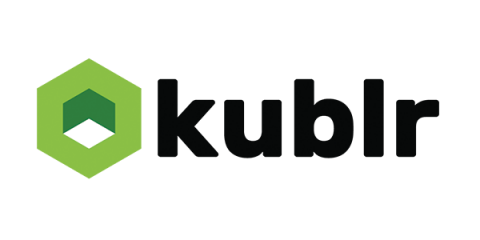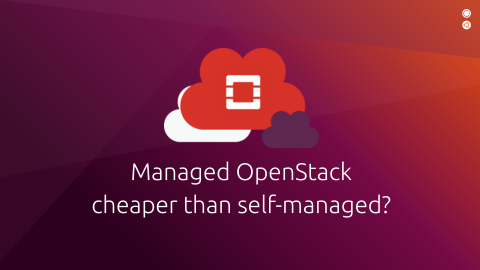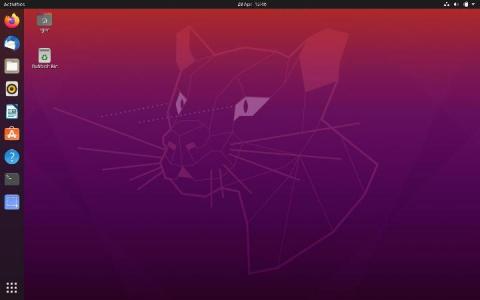Monitor Sidekiq with Datadog
Sidekiq is a Ruby framework for background job processing. Developers can use Sidekiq to asynchronously run computationally intensive tasks—such as bulk email sending, payment processing, and data importing—to help speed up the response times of their applications. If you’re using Sidekiq Pro or Enterprise, Datadog’s integration helps you monitor the progress of your jobs and the applications that depend on them, all in a single platform.


